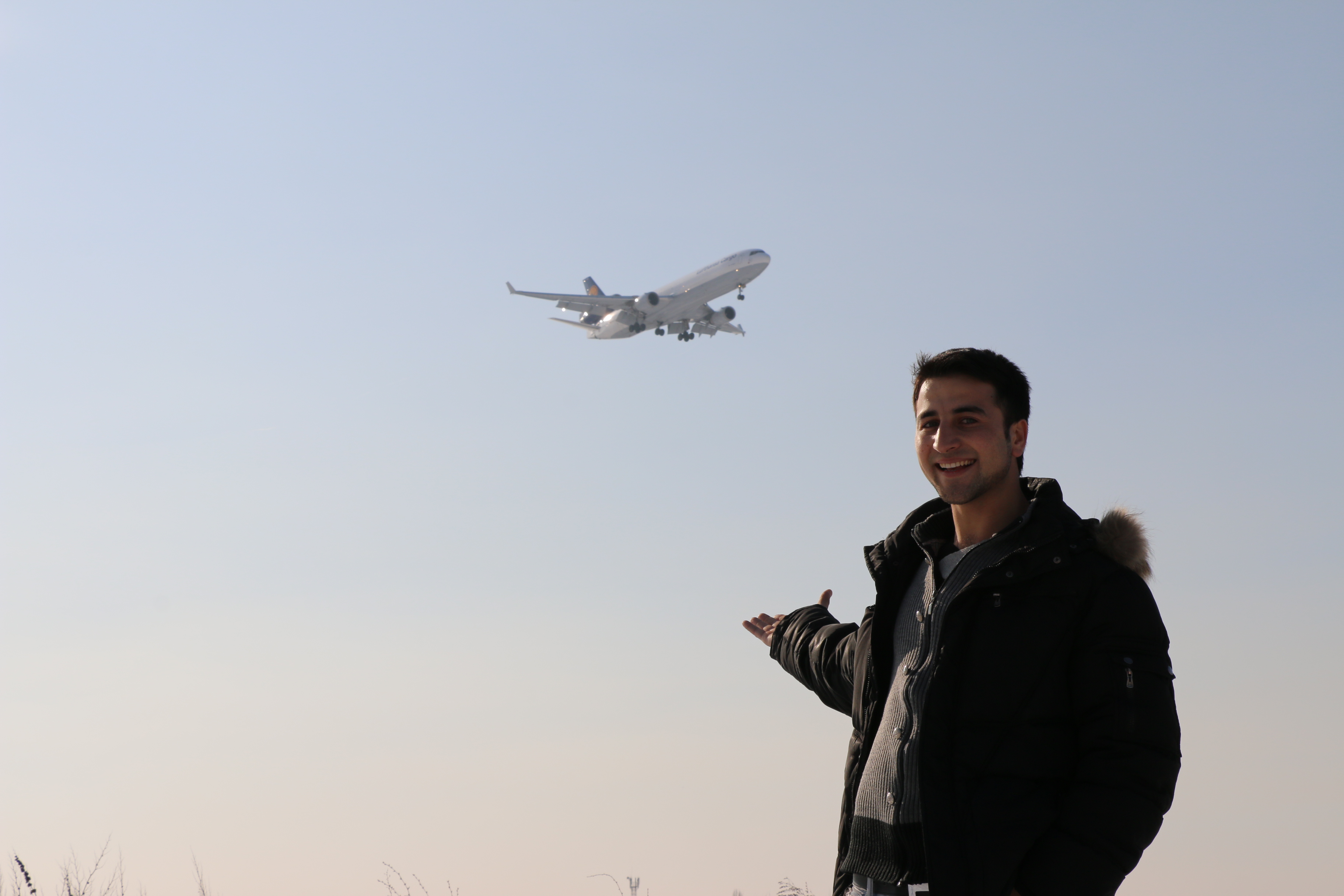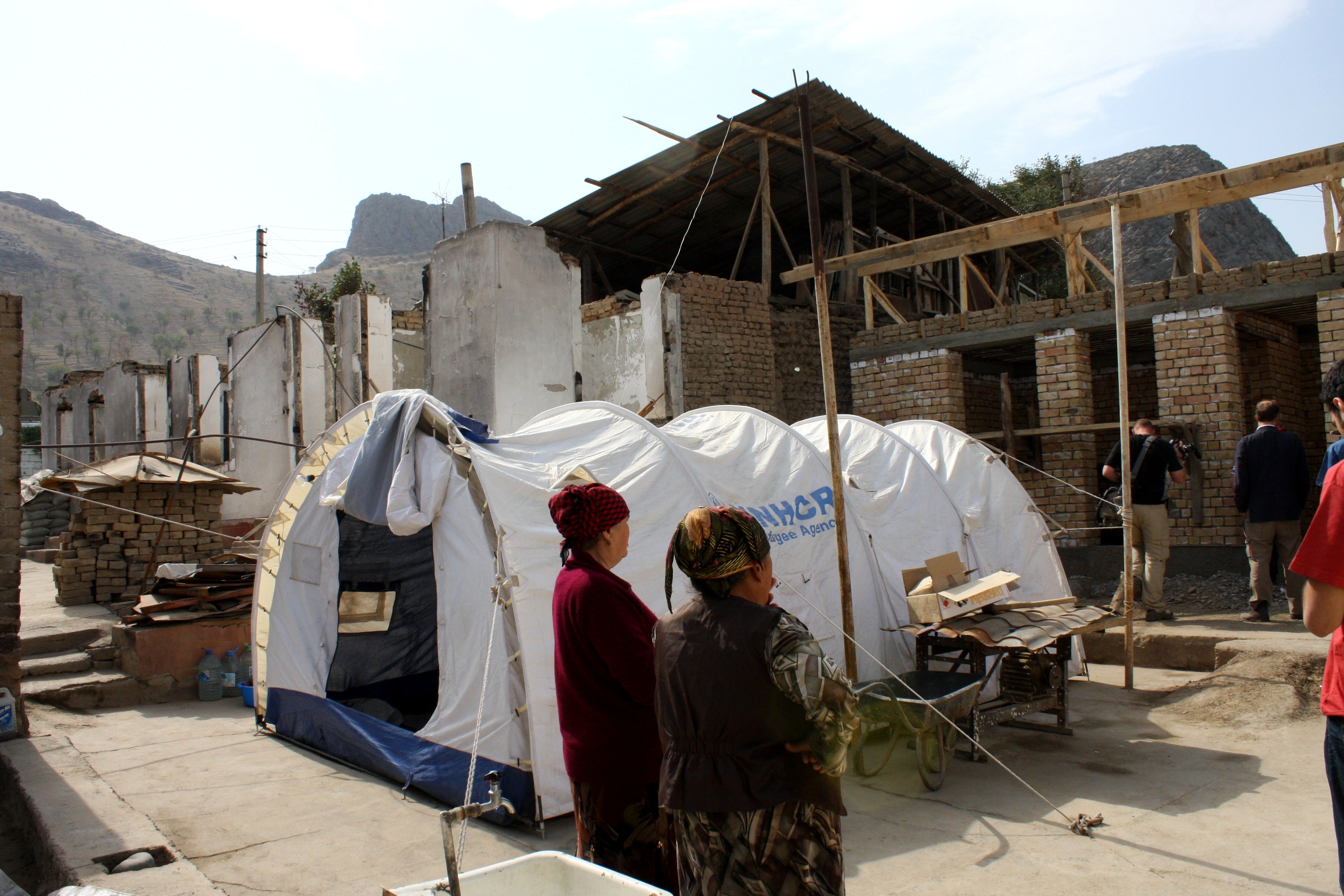Kazakhstan: Uzbek refugee handed over to UNHCR
Kazakhstan: Uzbek refugee handed over to UNHCR
We are greatly encouraged by the Kazakhstan authorities release today into UNHCR's care, of an Uzbek refugee who was the subject of an extradition request by Uzbekistan. The refugee was handed over this morning to UNHCR in Almaty for immediate permanent resettlement with his family.
Last week, in a serious violation of the 1951 Refugee Convention, another Central Asian state, Kyrgyzstan, illegally refouled four Uzbek refugees and one asylum seeker back to Uzbekistan, which had requested their extradition. We have grave fears for their safety and have had no word about them since their forced return.
The Uzbek refugee in Kazakhstan, who had been living in the country for seven years with his family, was detained in late June following an Uzbek extradition request. After a thorough review, we considered the claims against him groundless and that he was in need of international protection. Later that month, he was recognised as a refugee under UNHCR's mandate. We feared his life would be in danger if he was returned to Uzbekistan. The Kazakh authorities also concluded the evidence upon which the extradition request was based was insufficient and rejected the request.
We are reassured by Kazakhstan's commitment to the 1951 Refugee Convention - which clearly states no refugee should be forcibly returned to their country of origin - particularly as this comes at a time when we are seeing a clear deterioration of refugee protection standards elsewhere in the region. We particularly welcome the open and cooperative spirit in which this case has been resolved, and the level of professionalism demonstrated by the Kazakh authorities in the process. We see this as the result of a long-standing cooperation between UNHCR and the government, aimed at strengthening Kazakhstan's capacity to provide international refugee protection as set out in international refugee law.







